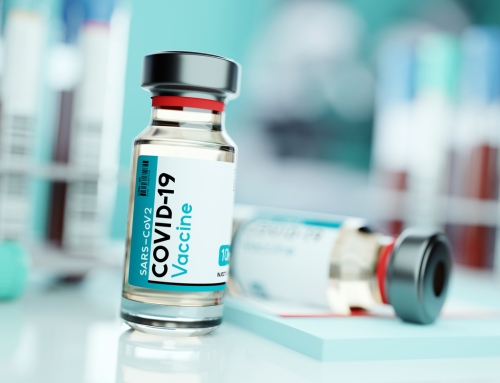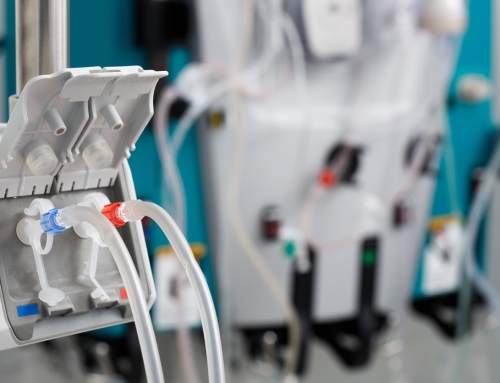Recently, two bills relating to kidney and organ transplants have been introduced in Congress.
The Comprehensive Immunosuppressive Drug Coverage for Kidney Transplant Patients Act of 2013 (S. 323) in the Senate and a companion bill (H.R. 1325) in the House.
If passed, these bills will extend Medicare immunosuppressive drug coverage for kidney transplant patients under 65 years old for the life of the graft. Under current law, Medicare beneficiaries who are under 65, and therefore only eligible for Medicare due to their ESRD diagnosis, lose Medicare coverage 3 years after their transplant. Without the immunosuppressive drugs, the body will reject the transplant and a patient must go back on dialysis. Currently, these drugs cost about $24,000 a year while dialysis costs almost $86,000. This means it costs Medicare an additional $62,000 per year per patient that loses drug coverage.
Additionally in February 2012, the HIV Organ Policy Equity (HOPE) Act was introduced in both the House of Representatives and Senate. The HOPE Act allows for the study of the safety and effectiveness of organ transplants from HIV-positive deceased donors to HIV-positive recipients. The act doesn’t make this type of donation possible, but allows researchers to determine if this is safe and effective. If studies find these transplants safe and effective, this procedure has the potential to lower waiting time on organ transplant lists for all patients, as experts estimate that an additional 500 organs each year could be available for transplantation.
These bills have the potential to increase access to transplants for all kidney patients on the waiting lists. Our sister organization, Dialysis Patient Citizens, and the kidney community at-large will be working hard to garner as much support for these bills as possible and to get them passed into law.



